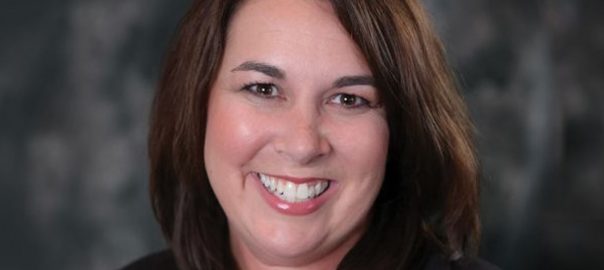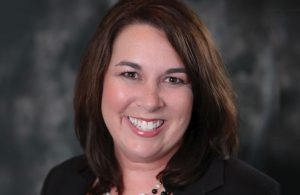
More Must Be Done to Address Healthcare Disparities by Expanding Access to Pharmacy Care in NYS

Earlier this month, Governor Kathy Hochul took an important step to keep our communities healthy and safe, and decrease health disparities. Recognizing the role pharmacies play in bringing essential and preventive care to individuals in communities across the State, Governor Hochul signed legislation to expand the number of vaccines that licensed pharmacists may administer. In particular, the new law enables adults to get all vaccines recommended by the Centers for Disease Control and Prevention at their local pharmacies.
Given that more than 90% of the nation’s population live within five miles of a community pharmacy, expanding access will assist countless New Yorkers and remove barriers to disease-preventing vaccinations.
As the head of an organization dedicated to supporting and advocating for those who suffer from asthma and severe allergies and their families, the Allergy & Asthma Network (AAN) commends Governor Hochul for signing the vaccine bill into law. At the same time, we strongly urge the Governor to take a similar action on another pending bill to protect and expand access to pharmacy care for low-income individuals with Medicaid in underserved communities.
AAN is joined by many other patient advocacy and public health organizations in supporting legislation to promote continued and equitable access to pharmacy care for those with Medicaid. In June, the State Legislature passed this legislation (S6603/A7598) unanimously – which provides a number of critical patient protections in Medicaid Managed Care, removing unnecessary obstacles for patients so that they may access medication and other pharmacy services in their neighborhoods.
This legislation removes restrictive pharmacy networks imposed by the pharmacy benefit managers (PBMs) working for Medicaid Managed Care plans, which limit patient choice in which pharmacy an individual may use. Restrictive networks can prevent patients with Medicaid Managed Care from being able to go to the pharmacy closest to their home and limit their ability to see their trusted pharmacist, which is critical for medication adherence.
Those with Medicaid already face many challenges to receiving healthcare, and PBM-imposed pharmacy networks should not be allowed to stand in the way of a patient using the pharmacy that is most convenient for accessing medications and other services needed to maintain their health.
With the Bronx having among the highest asthma rates in the country and countless residents across the State suffering from allergies and asthma, having easy access to a trusted pharmacist for themselves or their children can make all the difference in their care and adherence to lifesaving medications. This must be our priority, and under this bill, an individual enrolled in Medicaid Managed Care would be able to access their local pharmacy without restrictions – as is the case with Medicaid Fee for Service, Medicare Part D, and in many states across the country.
Another important protection in the bill would allow an individual to have one or more medications delivered to them by their local pharmacy, prohibiting the self-serving policies of large national PBMs which require patients to use out-of-state mail order pharmacies to have their prescriptions delivered. When individuals get all medications from one pharmacy, there is a reduction in over prescribing and drug interactions, and increased adherence, which results in healthier New Yorkers.
Finally, the bill would provide payment parity so that all pharmacies in Medicaid receive the same reimbursement. This is important to reverse the growing number of pharmacy deserts across the State, especially in underserved communities with a high number of individuals enrolled in Medicaid. This bill would ensure that Medicaid funding goes to pharmacy care, not to PBM profits, which drive up prescription drug costs. A number of other states have put payment parity in place, and it provides greater transparency and returns Medicaid dollars to patient care.
This legislation is essential to helping protect and ensure equitable access to pharmacy care for those with Medicaid Managed Care. We strongly urge Governor Hochul to sign it.
Tonya A. Winders is President and CEO, Allergy & Asthma Network.
*sponsored content*
